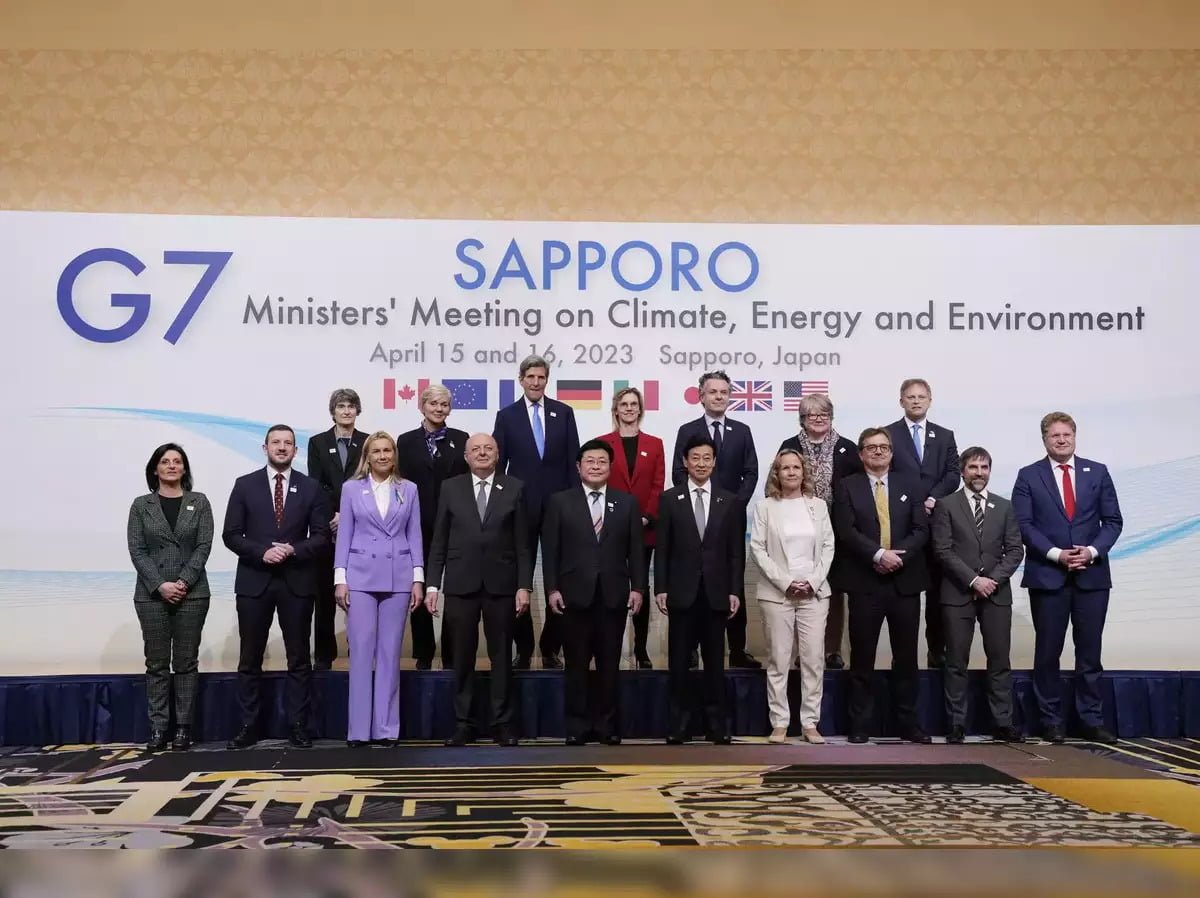India’s Environment Minister, Bhupender Yadav, has called on the G7 countries to provide developing nations, like India, with the necessary “carbon space” to grow, while developed countries must make larger and more rapid CO2 emission cuts to meet their carbon neutrality goals. Yadav made the appeal during the G7 environment ministers’ meeting in Sapporo, Japan, on Saturday. According to Yadav, the global goal of reaching net zero by 2050 requires developed countries to scale down their emissions significantly, creating space for countries like India to achieve the necessary development required for its people. Yadav emphasised that development is the first defence against climate change, as highlighted in the new synthesis report of the Intergovernmental Panel on Climate Change Assessment, the world’s largest group of climate experts.
Yadav also urged developed countries to meet their commitments to provide means of implementation, stating that reaching targets on carbon neutrality and increased ambition requires equitable consideration of common but differentiated responsibility and respective capabilities. Yadav pointed out that India’s individual actions through the Lifestyle for Environment mission announced by Prime Minister Narendra Modi at the Glasgow climate summit in 2021 have the potential to bring about a revolution.
The G7 meeting will focus on containing planetary temperature rise within 1.5 degrees Celsius over pre-industrial levels, addressing coal power generation, and agreeing on the rest of the fossil fuels in the communique that will come out of the meeting. A leaked draft from the meeting indicates that the G7 statement will call on nations to take action “in this critical decade,” urging a peak in global greenhouse emissions by 2025 at the latest. The draft also stresses the “urgency” of slashing global emissions by 60% by 2035 from 2019 levels, as recommended by the IPCC panel.
India has contributed 4.8% to the global mean surface temperature change resulting from historical CO2, methane, and nitrous oxide emissions. In comparison, the US contributed 17.3%, the highest globally, and China contributed 12.3%. Overshooting 1.5°C warming will lead to irreversible impacts and risks for human and natural systems, according to the IPCC’s synthesis report. The IPCC indicated that preventing an overshoot of 1.5°C was a matter of survival, as every increment of global warming will intensify multiple and concurrent hazards and result in irreversible adverse impacts on the polar, mountain, and coastal ecosystems affected by glacier melt or accelerating sea level rise.




